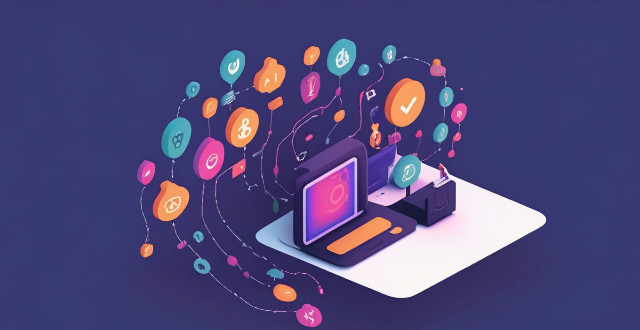The article provides a comprehensive guide on how to detect if an iPhone has been hacked, including signs such as unusual battery drain, increased data usage, strange pop-ups or ads, crashing apps, unexplained charges, unusual activity in social media accounts, and suspicious app installations. It also outlines immediate actions to take, like changing passwords, updating iOS, and installing security software, as well as advanced troubleshooting steps like checking login activity, removing suspicious apps, and resetting the device. Long-term protection measures are suggested, including regular software updates, using two-factor authentication, and being wary of phishing attempts. The article emphasizes the importance of staying vigilant about online security practices.

How to Check if Your iPhone has been Hacked
If you suspect that your iPhone has been hacked, there are several signs and steps you can take to confirm whether your device's security has been compromised. Here’s a detailed guide on what to look for and how to respond:
Signs Your iPhone May Have Been Hacked
1. Unusual Battery Drain
- If your iPhone suddenly has a significantly reduced battery life without any apparent reason, it might be running unauthorized background processes.
2. Increase in Data Usage
- A spike in data usage that you didn't cause could indicate that someone is using your data for malicious activities.
3. Strange Pop-Ups or Ads
- Frequent random pop-ups or ads, especially when not browsing the internet, could be a sign of malware.
4. Crashing Apps
- If apps crash frequently or your iPhone freezes often, it may have been infected with malicious software.
5. Unexplained Charges or In-App Purchases
- Find unknown charges on your account statement that you did not authorize.
6. Unusual Activity in Social Media Accounts
- Posting or messaging activity you didn't do, or notifications of logins from unknown devices or locations.
7. Suspicious App Installations
- Apps you don't remember installing or that look suspicious could be spyware or other forms of tracking software.
Steps to Secure Your iPhone
Immediate Actions
1. Change Your Passwords
- Update all your passwords, especially for critical accounts like email, banking, and social media.
2. Update iOS
- Ensure your iPhone is running the latest version of iOS for the best security measures.
3. Install Security Software
- Use reputable security apps to scan your phone for potential threats.
Advanced Troubleshooting
4. Check Login Activity
- Review your account login activities through services like Apple ID or Google Account to see any unfamiliar locations or devices.
5. Remove Suspicious Apps
- Delete any apps that you don't recognize or didn’t install yourself.
6. Reset Your Device
- If necessary, back up your important data, then perform a factory reset to wipe out any potential malware.
7. Contact Apple Support
- If you still suspect an issue after taking these steps, reach out to Apple support for further assistance.
Long-Term Protection Measures
8. Regularly Update Software
- Keep your operating system and apps updated to patch vulnerabilities.
9. Use Two-Factor Authentication
- Enable two-factor authentication for your important accounts for an extra layer of security.
10. Be Wary of Phishing Attempts
- Don’t click on suspicious links or download attachments from unknown sources.
By following these steps, you should be able to determine if your iPhone has indeed been hacked and take appropriate actions to secure your device and your personal information. Remember, prevention is always better than cure, so stay vigilant about your online security practices.